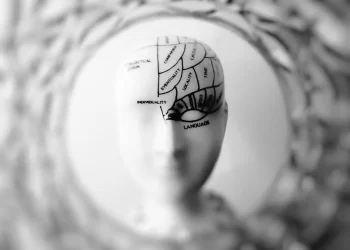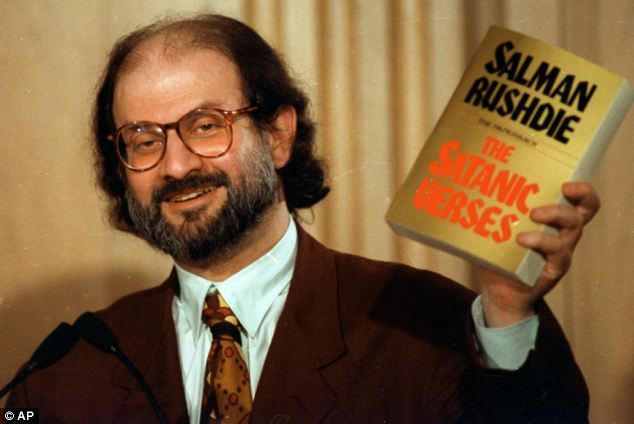A paintbrush runs across the canvas drawing the bare outline of a bald head. A pause, and the brush returns to draw a pair of round spectacles. In two simple strokes with no facial features drawn the portrait is complete. “The greatness of this man lies in his simplicity,” declares the voice in the background carrying a ring of unmistakable and indisputable truth.
“He is just one of the freedom fighters to me. Nothing more,” said one of my students on Facebook. Oh yes, there are some useful discussions on Facebook as well involving the teenagers.
 The reasons she had for disliking Gandhi are the same that I have heard countless times from countless people who choose to deride the man who was by far the most compelling Indian reason for the British to think of sailing back home for good.
The reasons she had for disliking Gandhi are the same that I have heard countless times from countless people who choose to deride the man who was by far the most compelling Indian reason for the British to think of sailing back home for good.
Her point was that the old man was responsible for the partition and was in some way responsible for the execution of Bhagat Singh and his extremist companions. Also, Gandhi did not get us freedom from the colonial rule. Many would naively say that it was the extremist violence, whereas some of the discerning lot would want to credit external circumstances just to take it away from Gandhi. So, going by that argument, could Britain not hold on to any of its colonies after the Second World War? Well, Singapore, for one?
Could Gandhi save the extremists? Assuming he could, the hard question is: Why should he have?
Of course, Gandhi can easily be defended by history and additional facts can always be marshalled in his defence to nullify the naïve attacks. But I don’t think even that is quite necessary. For now, let’s leave history aside; and resort to common sense and depend upon the information that can be safely relied upon no matter which side of the fence one prefers.
So, the basic questions are these: Could he want partition? Could he have genuinely believed that Hindus and Muslims were two nations? Although he was not a politician, and did not believe in ‘political pragmatism’, but even if that is conceded for a moment; could it serve any political end to alienate Muslim population?
The Mahatma who believed in peace and brotherhood in a united nation could not have desired two nations, nor could he have thought that the people who had been living together for centuries and had fought the intruders together were so completely divided that they could no longer be one nation. Also, Mahatma’s goal was a noble society based on truth and non-violence and not a state based on any particular political ideology. The idea of two nations – one for the Muslims and one for the rest – simply doesn’t fit in Gandhi’s vision of India. So, partition could never have been his will.
No doubt extremists like Bhagat Singh also wanted freedom, but they believed in violent means, which Gandhi was dead against. To Gandhi the means justified the end. Only just means could achieve just end to the old man. His unwavering belief in the virtue of truth and non-violence formed the core of his moral and spiritual being. Besides, a society founded on violence could only be violent because in such a society violence is legitimate depending upon the significance of end to be achieved. And significance is just a matter of valuing one thing over the other, which simply means anything can be significant at a certain point of time justifying the use of massive violence for reasons that might otherwise be insufficient to swat a fly. The Mahatma knew this, and considered it a battle worth fighting. Violence begets violence, and there is no end to the cycle of violence before at least one of the two sides is completely annihilated, which is why he famously said, “An eye for an eye makes the whole world blind.”
The rightness of means was central to Gandhi because to his mind all human actions produced consequences depending upon the nature of the actions. So, what you do, you must face its consequences as well. Violence was evil to Gandhi, and if the likes of Bhagat Singh were facing the foreseeable and painful consequences of their violent actions, why would Gandhi intervene? Was the mere fact that they were his countrymen striving for the same goal enough for him to try blocking the consequences that they had consciously brought upon themselves? Should he have allowed his moral judgment to be clouded by petty considerations of nationality and common objective? Violence was evil to him. So, should he have treated an evil practiced by his countrymen as noble or less evil? Gandhi considered violence so unacceptable that he would not tolerate if his successfully running movement was marred by violence and would be quick to withdraw it. Why would he condone anybody’s indulging in it no matter how noble the objective? He was true to his principles and valued his beliefs over all other things. The extremist freedom fighters themselves embraced death, for they too were true to their beliefs. To blame it on Gandhi is plainly mindless.
Let’s toss all this talk away and consider just one thing. For all that the Mahatma did for this country, what did he take? A sheet of cotton cloth to cover half his body. And what did we give him? Bullets. Period.
Originally published as part of my monthly column — STREET LAWYER — in LAWYERS UPDATE [September 2011 Issue; Vol. XVII, Part 9]






